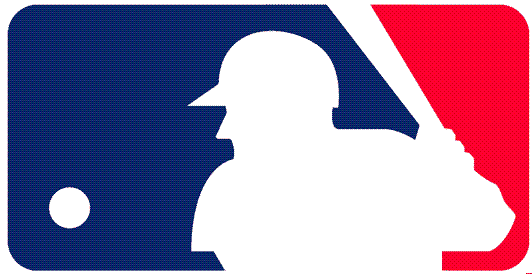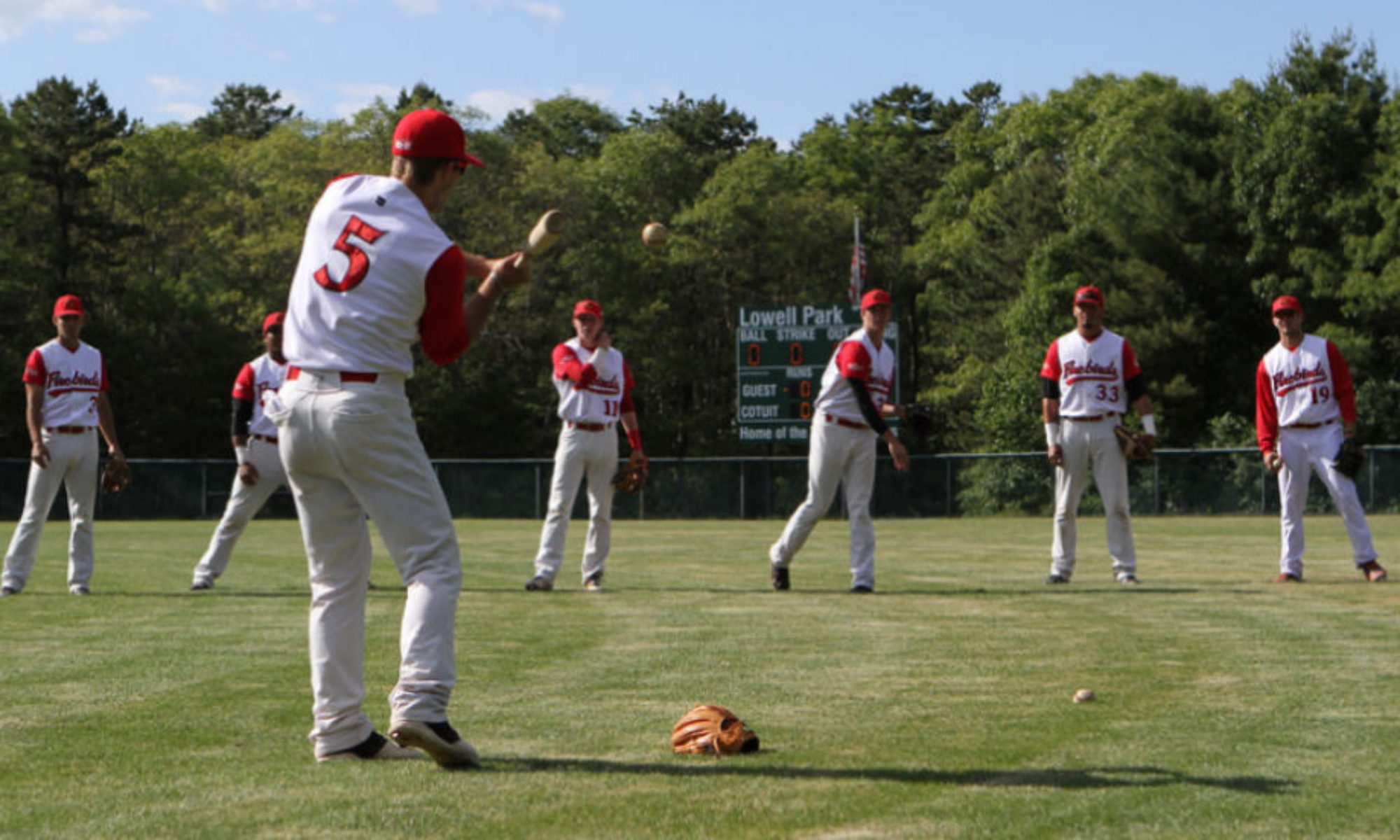 Major League Baseball announced its new collective bargaining agreement on Tuesday. While the addition of more playoff teams and the introduction of HGH testing are garnering the headlines, the changes to the draft and amateur signings are significant and could have a big impact on college baseball and the Cape Cod Baseball League.
Major League Baseball announced its new collective bargaining agreement on Tuesday. While the addition of more playoff teams and the introduction of HGH testing are garnering the headlines, the changes to the draft and amateur signings are significant and could have a big impact on college baseball and the Cape Cod Baseball League.
In the past, signing bonuses were restricted only in theory, by MLB’s recommended slots. With no enforcement, though, teams routinely ignored the recommendations and spent what they wanted. Bonuses shot through the roof in recent years.
The new CBA doesn’t have hard slots or a hard cap, but it does have what amounts to a budget for bonus spending. Teams will be given a pool for draft bonuses in the first 10 rounds. They can budget it however they want, but their total bonus amounts for those rounds are expected to be under the overall number. If not there are penalties — 0-5 percent over and they’ll pay a 75 percent tax on the overage; 5-10 percent over and they’ll pay the same tax and lose a first-round pick the next year; 15 percent over and they’ll have to pay a 100 percent tax and give up their first-round picks in the next two drafts.
Those are steep penalties and they may be enough to keep spending in check. It remains to be seen what the numbers will be, and if they’re as high as some are reporting, then the impact may not be as drastic. But it will be a change.
College baseball and the Cape League stand to benefit.
In recent years, scouts have lamented the lack of talent on campus and in top summer leagues, citing an increase in the number of top-flight high-school players going pro as a major reason. The path isn’t likely to change for high-school players who get picked in the first round — they’ll still get their money. But for that second tier of high-schoolers and for the ones who may be considered tough signs, it looks like college will become a more likely destination. Teams have often spent a lot of money to talk players out of college, like Josh Bell and Dillon Maples from the 2011 draft. Those deals now won’t be as likely because teams just won’t be able to spend that kind of money on one player.
There’s a very good chance that, as a result, more top players will head to college and, by extension, to the Cape League. As quoted in a Baseball America article, one National League crosschecker said, “Hey, at least it will be fun again to scout Team USA and the Cape (Cod League).”
One other change doesn’t look like a positive for the Cape League. The signing deadline for drafted players had been August 15, but it will be moved up into mid-July. That means drafted players trying to raise their stock on the Cape won’t be around quite as long. Players in that category have had big impacts in recent years, and they may once again, but they won’t be around for playoff races or even the All-Star game. I also wonder if the new deadline might even keep some players away.
All in all, though, the college baseball world seems to think it had a pretty good day today. I think the Cape League feels the same way.
